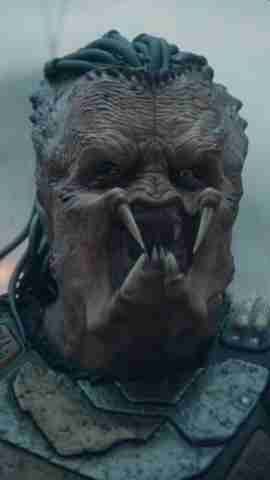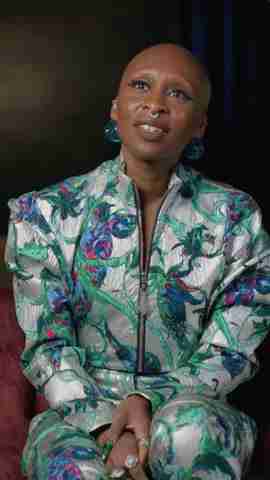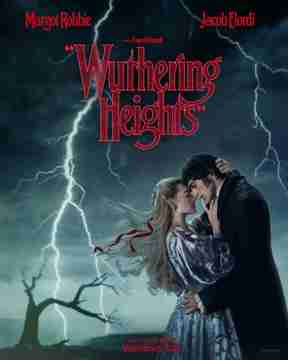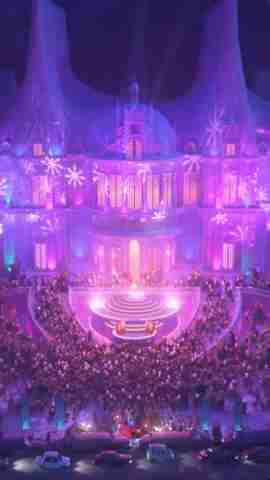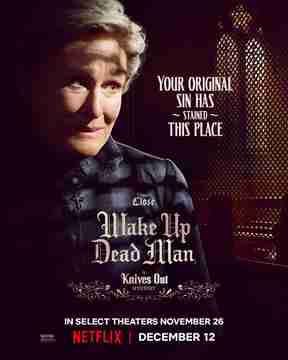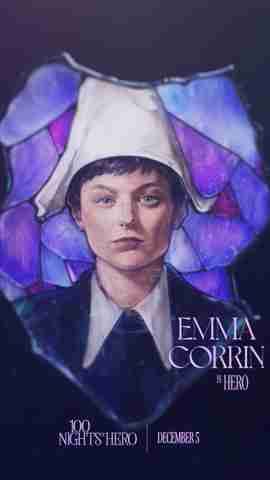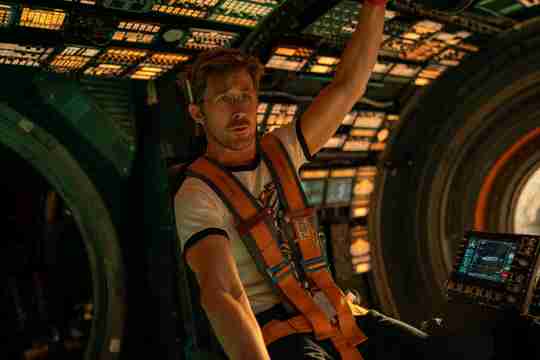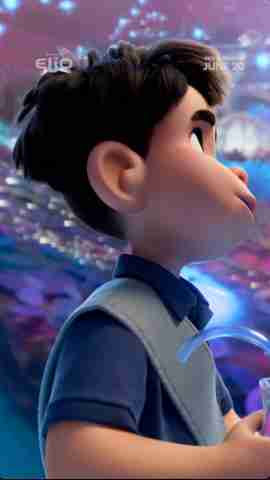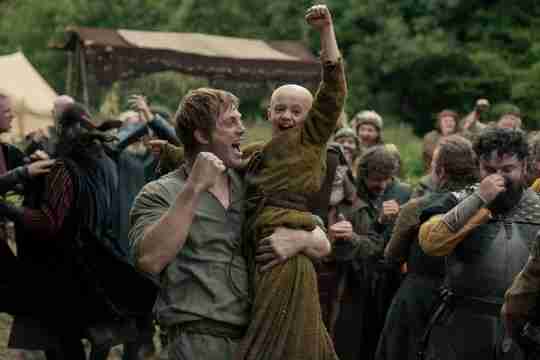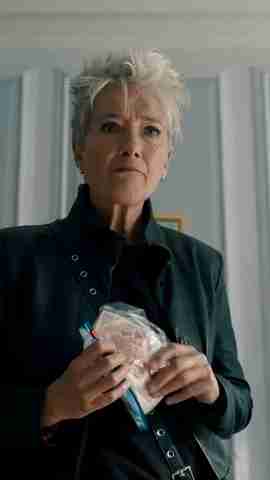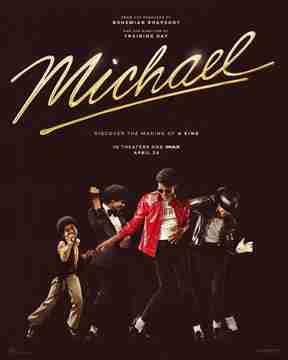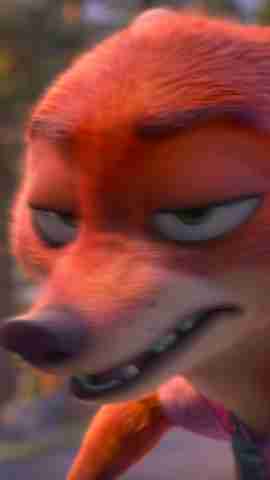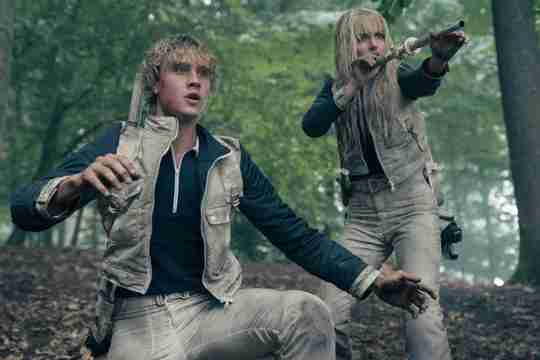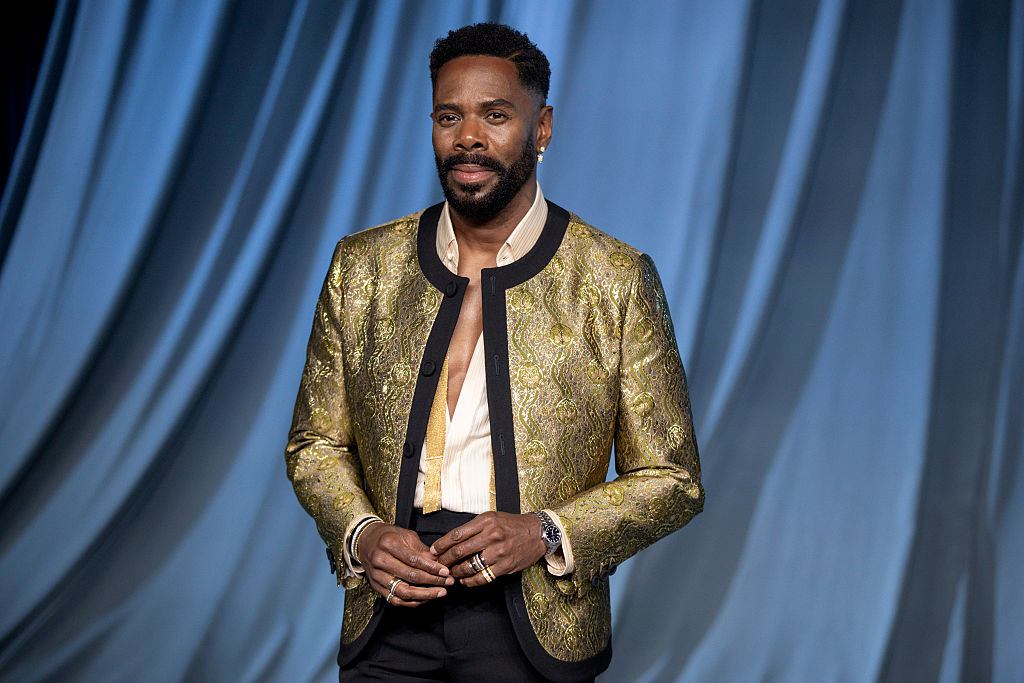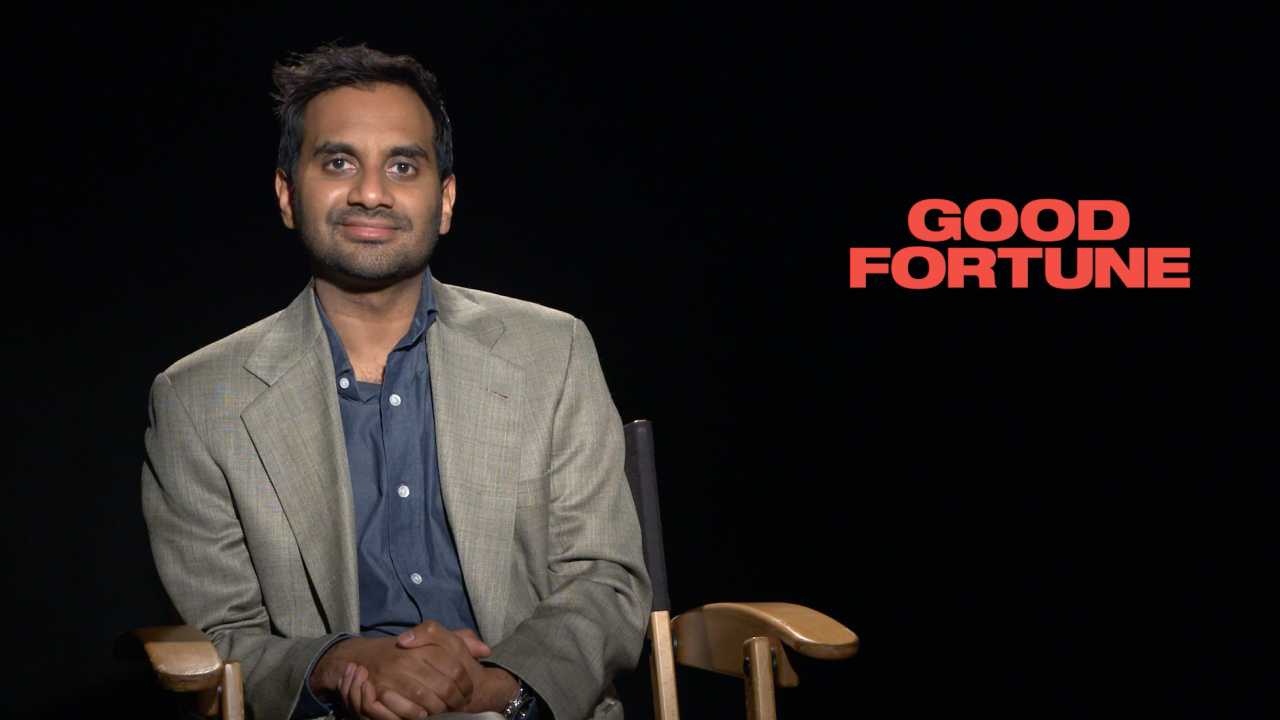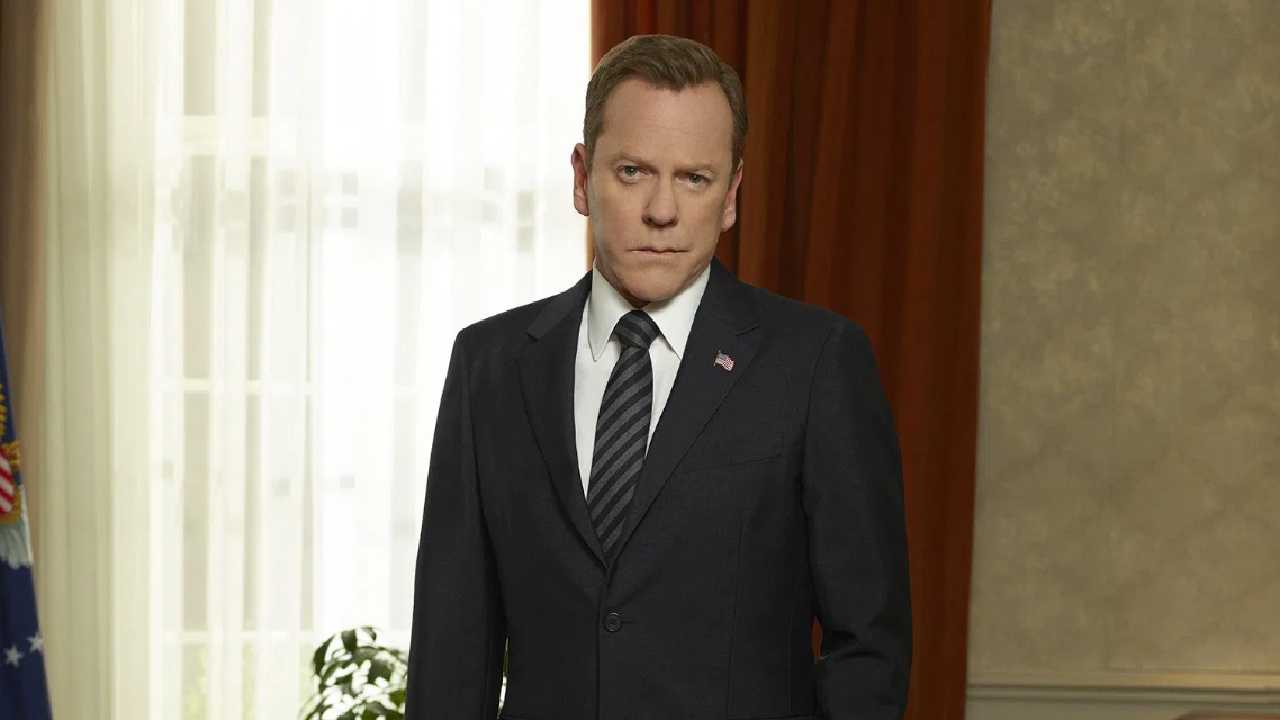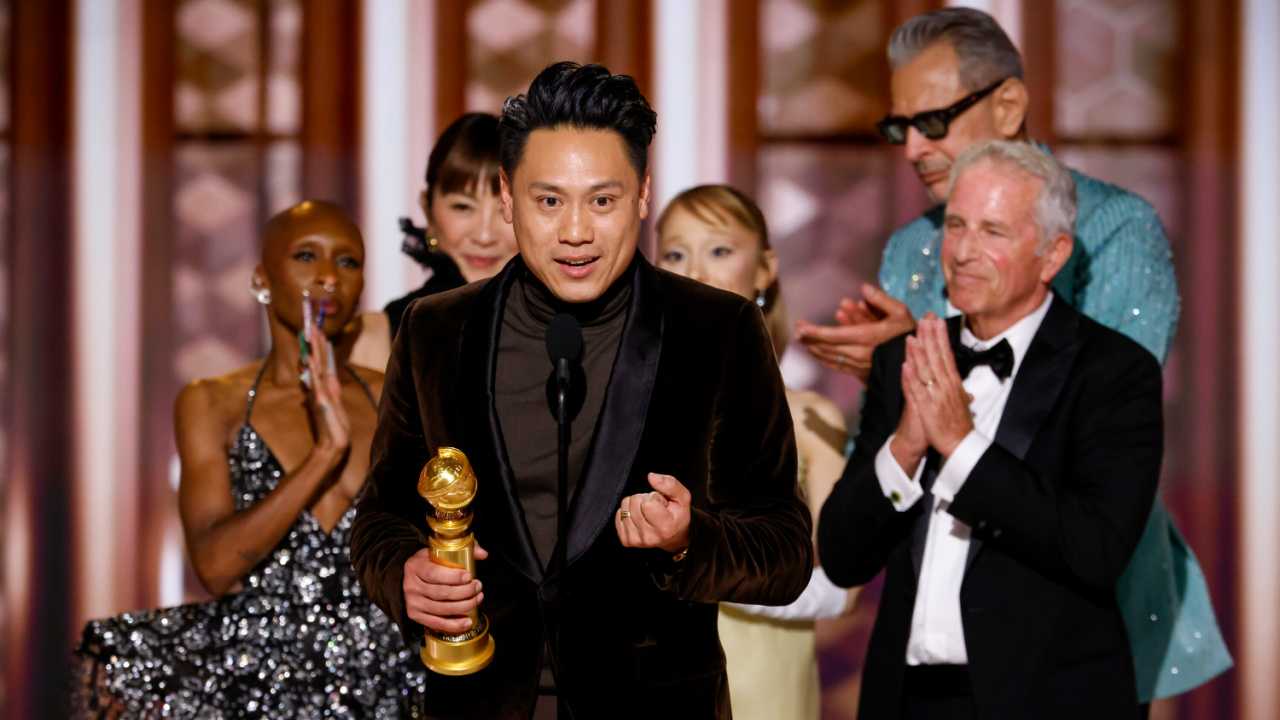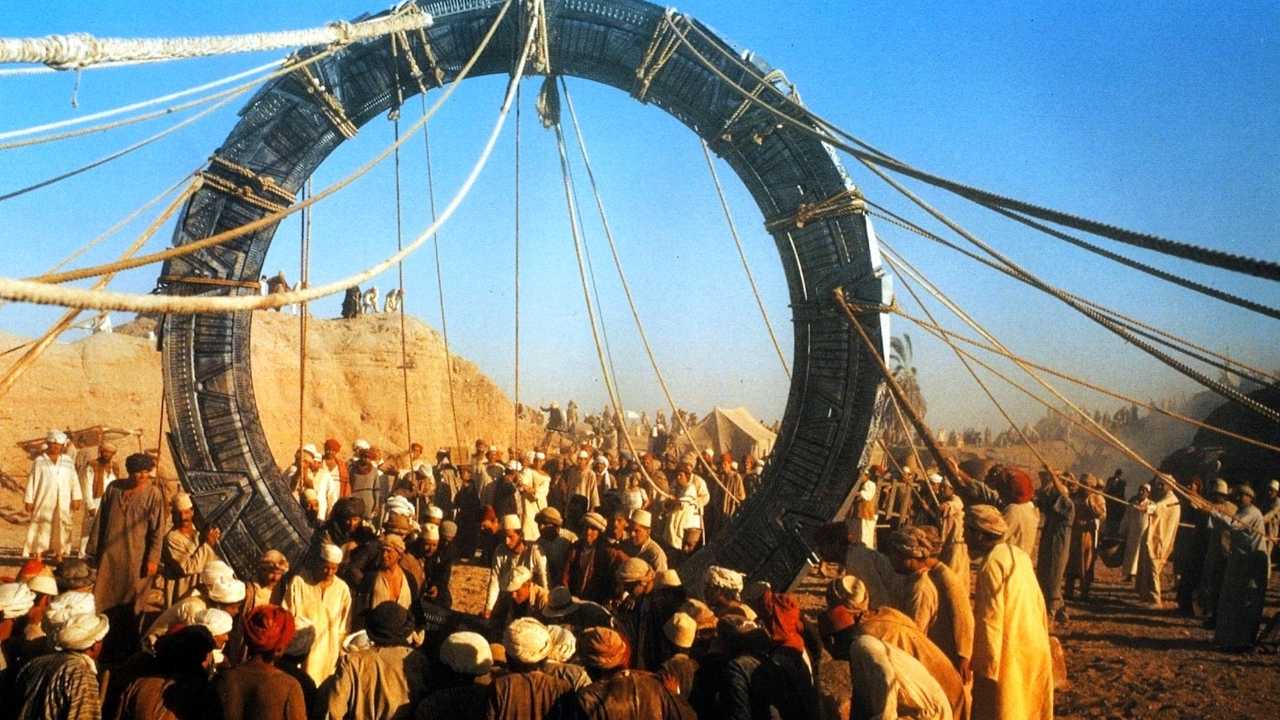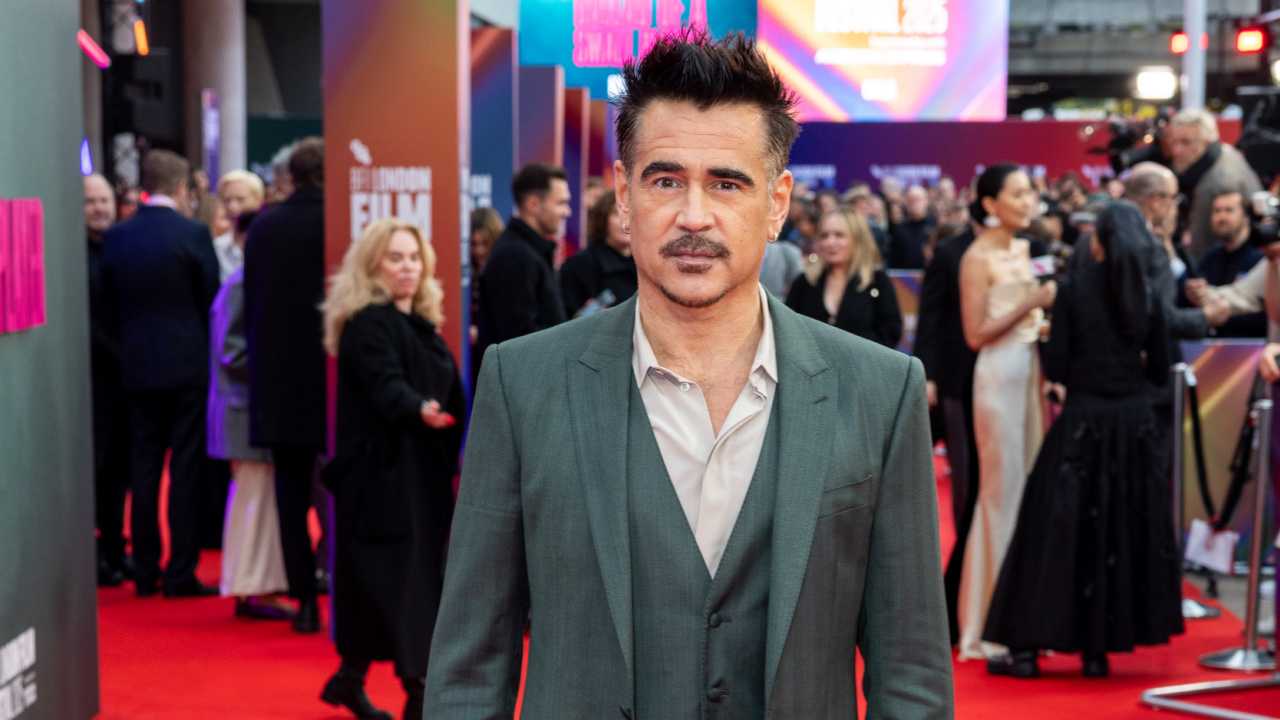Joe Morton's 'T2' Memories, 'Scandal' Farewell, and 'Justice League' Hopes
Twenty-six years ago, Joe Morton's on-screen alter ego was being hunted by a powerful cyborg recruited to save the world. In a nice bit of synchronicity, before the end of this year the actor's film persona will be mentoring his son, a powerful cyborg, to save the world.
There have been plenty of roles in between his turn as Skynet's inadvertent creator Miles Bennett Dyson in "Scandal" -- but Morton remembers well what a significant boost that James Cameron's muscular mega-hit gave to his career.
With that landmark film -- long considered one of the best action films ever made, a rare sequel that topped its high-concept original and a quantum leap forward for early digital effects -- about to be released in 3D in AMC theaters across the country Aug. 25 (along with 3D and 4K home video editions arriving this fall), Morton joined Moviefone to reflect on the making of the movie and the impact it had on him, as well as to provide glimpses ahead into the forthcoming final season of "Scandal" and his place in the DC Extended Universe.
Moviefone: When you made "Terminator 2," you had already done your share of acting work in film, television, and on stage. But what was the eye-opening, very different thing that you found while you were making this particular movie?
Joe Morton: I think the first thing that impressed me was I'd never worked on a film quite that large before. I was coming from "Brother From Another Planet," which was basically a $360,000 budget. To suddenly walk into a film that's budgeted for millions, that was pretty impressive to me.
Just before we finished shooting my death scene, for instance, James decided that he wanted to take a look at something, with no cameras on. The scene that follows my eye as Linda [Hamilton] crawls across to the other side of the laboratory, and the SWAT team blows out the windows with their machine guns. He blew out those windows with no cameras running, simply so he could see what it looked like. And I thought that was very impressive. I had never been around that kind of expenditure before.Miles Dyson, in a lot of ways, is the most human and the most relatable character that we get in the movie. How did you find your way into him? Was there a reference point that helped your understanding of him?
The first thing that James did is he gave us a whole bunch of material for artificial intelligence. And then, as you say, because he is sort of the most human character, it was fairly simple just to sort of navigate through what happens to him. He's leading kind of a normal life. He's awe-inspired by the machinery that's he's either developed or discovered.
Then suddenly, these people invade his home, only to discover that these invaders are in fact what he's been researching, in terms of Arnold's character. It was a pretty straightforward kind of thing, where you realize, where this character realizes what science is capable of, what it will do if he allows it to grow, and what he has to stop.
Was the movie a game-changer for you, career-wise?
I think it certainly helped. I wasn't that well-established. "The Brother From Another Planet" had happened, and a couple of other films had happened. I was doing a television series at the time, which was fairly popular.
Yes, I felt as if I was on my way up, and certainly, "Terminator 2" was a huge lift, if you will. It was seen around the world...I can't tell you the number of people who walk up to me during the course of a particular day and talk about how much they love "Terminator 2."
It was obviously a huge hit at the time, but when did you start to get a sense that it was a movie for the ages -- one that people were going to watch over and over again for who knows how long?
I'm not sure when that actually hit me. The fact that it was an enormous success, I think it was several days after the movie opened. I was on the Third Street Promenade, and a bunch of guys ran out of a restaurant, The Beanery, and ran out to compliment me on the death scene in "Terminator 2." That was shocking. That had never happened to me before. People had come up and said they saw my work and they liked my work, but to come up and talk to me about a specific scene, that was something new and different...My son and I were once sort of surrounded by a whole bunch of kids who had just seen the movie. So I think it was around all that time that I realized, "Oh, maybe this is a big one."
It's nice to have a hit, and it's really nice to have something catch fire in pop culture, which you had a second time around with "Scandal," in particular. Here you are about to see it go off into the sunset. What has that experience meant to you to have "Scandal" come at this point in your career?
"Scandal" has just been amazing, from all kinds of perspectives. The writers are just astounding. The cast itself – we're very lucky in that we are a group of people who really and truly enjoy working with one another.
I know you may hear that from lots of actors, but this is actually true! This group of people actually enjoys working with one another. All of us are theater actors, and so we speak the same language when it comes to working a script. It's just been great. And career-wise, one could not ask for anything more. After my first full season on the show, I was honored with an Emmy. So obviously, "Scandal" has been an enormous deal in my life.
Protecting secrets as you must, tell me a little bit about your experience making this final season. Give me a little of your perspective on bringing everything to a close.
The emotions are running very high. It's like when you're doing a play, and you know that tonight, for instance, is closing night. So you think, "Every time I speak a line from this play will be the last time I'll speak this line." So I think that's kind of where we're at with "Scandal."
We know that this season, every time we go through an episode, every time we go through a scene, that we know that will be the last time that kind of thing will happen with this show. So my feeling is that, by the time we get to the last episode of Season 7, people are going to be kind of filled with all kinds of emotions.
What was it about this character that fascinated you as the actor playing him, all the way to the end? What kind of kept you excited about being him?
The only thing I knew originally was that I was going to be introduced as Olivia's father. So that in itself was exciting. At that point, it wasn't clear to me where they were going to take the character. So I wasn't quite sure, until the beginning of Season 3, when Shonda [Rhimes] wrote that incredible monologue about the "hell and the high water." I thought, Oh, if this is the guy, then this is going to be a lot of fun. Someone who knows how to use language the way he does, someone who deals with the kind of power that he does.
And it was a day-to-day learning experience, because, you know, they don't tell us anything until we actually sit down at a table read. That's how we know what's going to happen next. So for a little while, it was really just kind of learning on the job, if you will, about who this guy was, depending on what they gave me to do, and all of those incredible scenes with Olivia out in the park sort of gave me the answers that I was looking for.
Many people are very excited to see you show up in "Justice League." Why was that something that you were excited to do? I know there's been some tweaking, but what can you say about the storyline between the Stones?
The thing I love about "Justice League" is: one, it's not only interstellar, if you will, it's global. It goes all over the world. The particular storyline that I'm involved in, which is Cyborg, I love because for Ray [Fisher], the guy who actually plays Cyborg, it's an opportunity to talk about what it's like to be "the other," even if what you have to offer the world is awesome.
I think that there are lots of black people, lots of people with color, lots of women, lots of people who are considered "the other," who can look at this character and can look at what he and I will go through together in the film, as a great metaphor for how to accept and overcome the obstacles of being "the other."What's your take on Silas Stone? In the comics, I know he's been a little colder in some incarnations. He's been a little more supportive of his son in others. Where are you coming at it from?
This is a little bit more supportive, I would think. This Silas realizes that he was not there for his son, which is the motivating force to rebuild his son, and then even after rebuilding, he's looking for a way to teach him, not only how to use the powers that he has, but to understand how those powers can be used for the greater good.
You're working with, on that film, two world-class filmmakers. How did that experience compare to your memories of "Terminator 2"?
Both Zack [Synder] and Joss [Whedon] are very different guys. I think that world is very different. I think that directors who make comics book [films], their sort of approach to shooting is a lot lighter, is a lot more laid back, a lot more collaborative. Whereas I think when you're doing action-adventure, and you have that kind of budget, if James is an example, the pressures sort of tend to find their way out in terms of you yelling at everybody else on the floor.
The couple of action-adventure directors that I've worked with both sort of followed that category, whereas the directors, both Joss and Zack, were very different than James in so many different ways.
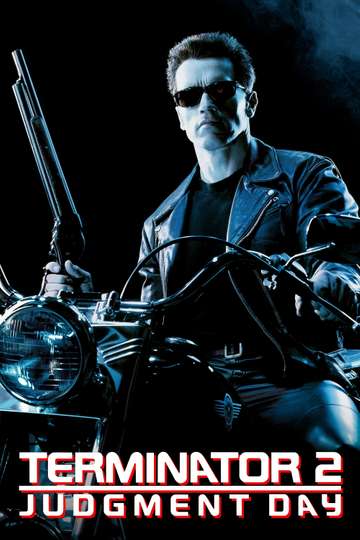
Terminator 2: Judgment Day
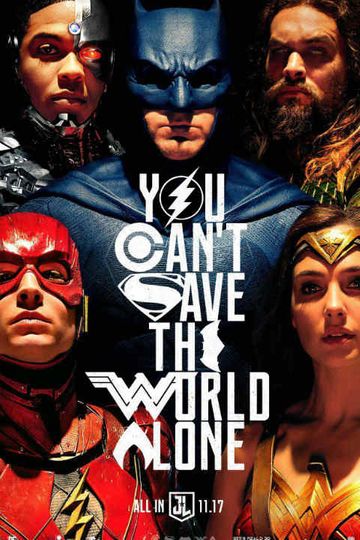
Justice League

